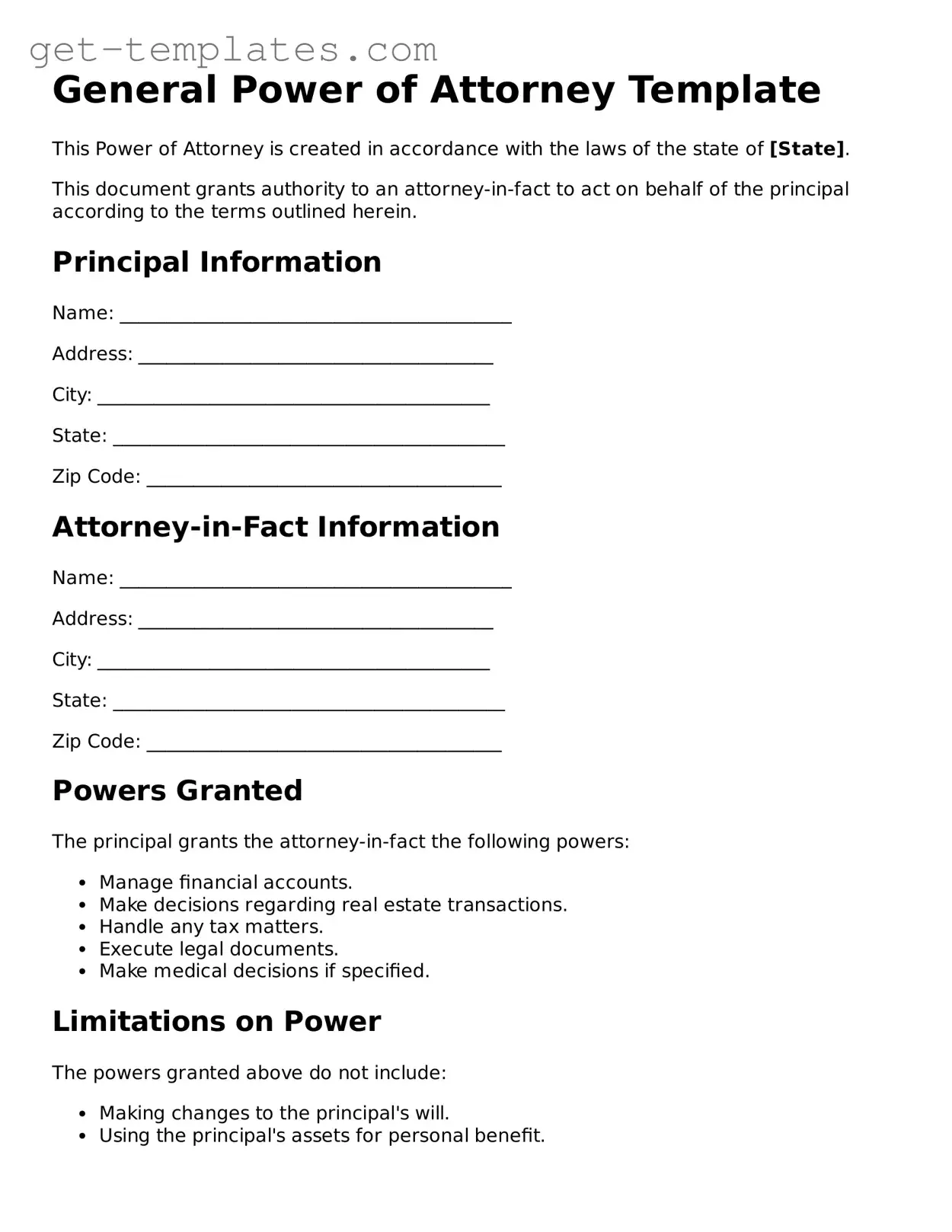Attorney-Approved Power of Attorney Form
A Power of Attorney form is a legal document that allows one person to act on behalf of another in financial or medical matters. This form grants authority to make decisions, ensuring that your wishes are honored when you cannot speak for yourself. Understanding how to use this form effectively can provide peace of mind and security for you and your loved ones.
Get Document Online

Attorney-Approved Power of Attorney Form
Get Document Online
You’re halfway through — finish the form
Finish Power of Attorney online — edit, save, download made easy.
Get Document Online
or
⇓ PDF Form
